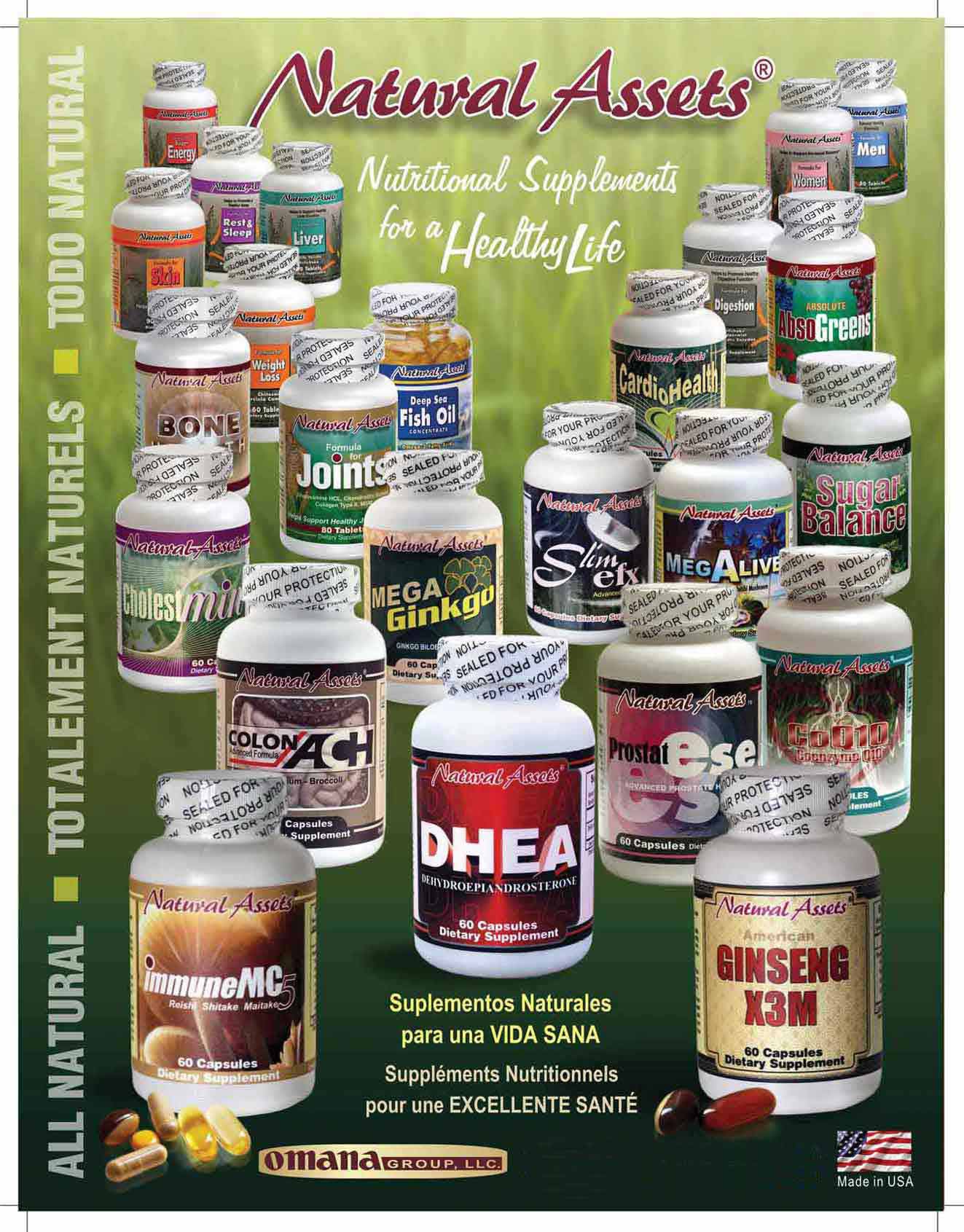It is time to get back to the plan; we have
covered a bit about technique [1], Physiology[2] and
Biomechanics[3] This leaves nutrition and fitness, although I doubt
I will cover fitness as a “how to” guide as like most technique it changes with
the wind.
So how to begin with nutrition? It has
certainly got to be one of the scariest parts of all types of sport training as
it has the ability to have a big impact on our daily lives.
Our bodies are effectively a complex
machine, which require a wide range of nutrients, food, vitamins and energy to
keep going. A balanced diet is the optimum level of these nutrients for an
average person.
Ok so no one is “average”, but we can agree
that by having too much fat and unhealthy food can cause people to become
overweight and one way to rectify this is to adjust our diet. The different diet types are seemingly
endless from organisations like Weightwatchers and Slimmingworld to specific
diets like Atkins and the Special K challenge.
All of these have one goal, to loose weight
and the impact on the body is tremendous.
We see it all the time in the Glamour Magazine. They all describe and show how
people have changed physically, and sometimes mentally, for the better/worse.
This is where it gets interesting; this
methodology can be applied to an athlete.
Imagine if you can improve your performance through your diet. How much of an advantage can that give you?
In some cases it can make the difference as it did for Hannah Miley in the European championships[4].
Like the weight loss diets, the variations
on performance diets are endless. A couple of classic examples of how a diet is
used to affect ones performance is within Cycling and Body building.
In cycling, Carb loading is used quite a
lot so what are Carbs or Carbohydrates? Well they are compound groups, which
give us energy. These compounds are the
first place our body goes to get energy.
Now Carb loading is effectively a process of giving the body an excess
of carbohydrates to use.
You do it by almost staving yourself of
Carbohydrate rich food, for example potatoes, pasta etc, for a couple of days
(or more) before the competition. Then
on the day of the competition you eat a plate of highly rich Carbohydrate
food. The theory is that this gives you
a huge energy boast.
It is a very clever way of using food to
boost your performance but it is not without its risks. Those few days before can cause the body to
be lethargic and irritable aka not great for your partner or work colleagues.
It is time for another example; welcome to
the world of the Body Builder.
It is just physically impossible to get
this pumped on pushing weights alone. A very
specific and specialist diet is required, one which is super rich in protein. The
protein builds muscle mass if taken at the correct stages of ones fitness
regime, maximising muscle growth.
In archery neither of these options is
really preferable although I have known some archers to use parts of both
examples above for their specific training regimes.
The general advice which is given to
archers is little and often, effectively become a farmyard animal. The constant ingesting of food will maintain
energy levels at a constant and consistent level and therefore, in theory,
maintain performance.
To help athletes/bodybuilders achieve more
from their workout some take supplements.
A supplement is an
artificial/synthetic way of increasing a specific
mineral or compound within the body. The humble vitamin C or Cod liver oil tablet is an example of such
a supplement.
Taking supplements at specific times during
training can maximum growth in muscles and burn the most amount of fat.
The list of what supplements you can buy is
long, with variation on taste, type and effect.
No doubt they do have their place for ones training regime, but where
does the line sit between illegal and legal ways of boasting ones performance?
Using food supplements and specialist diets
like carb loading is a legal way of boasting ones performance yet a steroid,
which is a banned drug, isn’t allowed.
The role of drugs in sports have been well
documented. With recent cases of Lance Armstrong[5] and the report from Australia saying drugs
in sport was widespread[6] .
But what drives someone to take this risk
of using banned substances? Well it is
one thing, psychology, the need and desire to win at all costs.



No comments:
Post a Comment